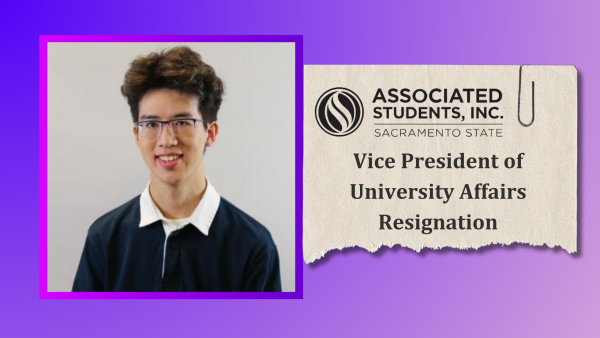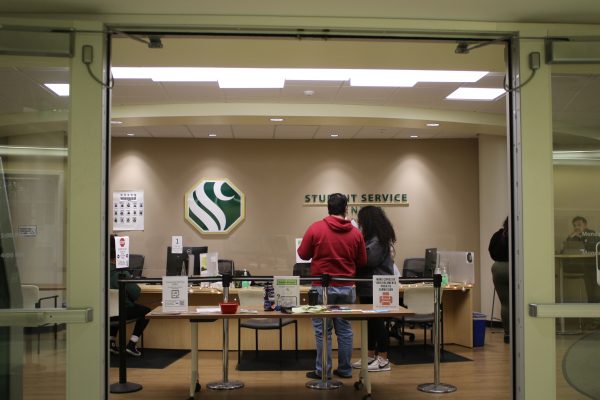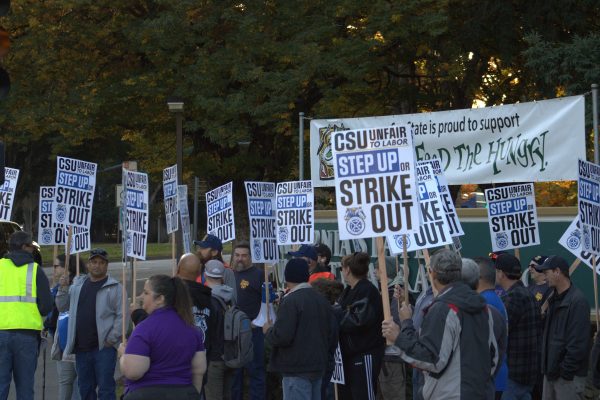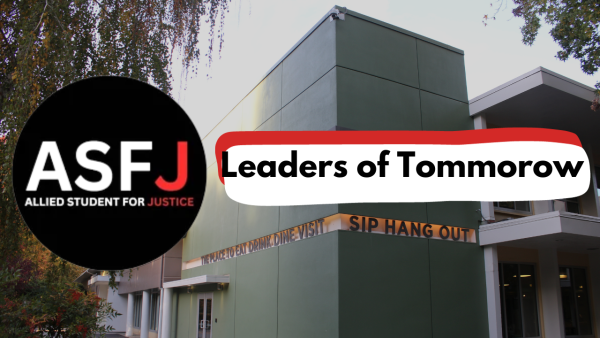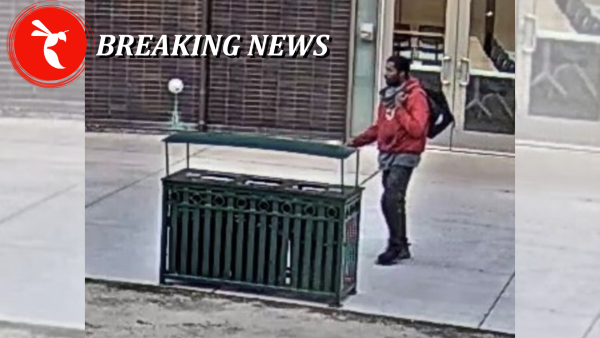Why should you meet with your academic adviser?
September 19, 2012
The advising center: a curse and a blessing. Although it may seem like a pain, it’s something that all students visit at least once in their academic career whether they like it or not. Beth Merritt Miller, director of the academic advising and career center, breaks it down for us.
Q&A: Academic Adviser Director
Why do you recommend students see their advisers?
“We recommend advising so that students can stay on track to graduate. Students should see a General Education adviser in the Academic Advising and Career Center as well as their major adviser in the academic department. Students (should) see an adviser at least once a year, and for some, once a semester. First-year students will be advised both fall and spring semester.”
What are consequences of not seeing an adviser?
“Students who don’t seek out advising often end up either taking too many classes or not enough classes. There are some graduation requirements that need to be met as well as GE and major requirements. Often they can overlap, but sometimes students end up short on the number of upper division units, or are short units in the major or GE.”
How will a student benefit from their adviser?
“The adviser will show students how to use the advising tools in MySacState that can really help students continue towards graduation. Also, some students that are struggling really benefit from meeting with an adviser the sooner students seek out advising when having difficulty, the more we can help them. Sacramento State is a very large campus. It can be very challenging to navigate the system, and advisers in Academic Advising & Career Center can help students with that.”
Have you seen any instances where a student was greatly affected negatively or positively from seeing you?
“Most students walk away with a positive experience and more informed. We want students to check their own records in MySacState regularly and if they see something that doesn’t look right, they should come in and talk with an adviser. Students who are proactive in their education process can avoid frustration.”
What are steps to avoid or make sure to do when planning a schedule?
“Students should make sure they are setting up a realistic schedule that includes all work and other commitments. Students need to remember that for every hour they are in class, they should be studying two to three hours outside of class to be successful. The most common mistake we see are students over-committing themselves. “
“Advising is more than just picking classes. The academic advisers are trained professionals that are equipped to help students with many issues and concerns. I can’t express enough how important it is for students to take advantage of the services in Academic Advising & Career Center,” said Miller.
Kaitlin Bruce can be reached at [email protected]





























































































































